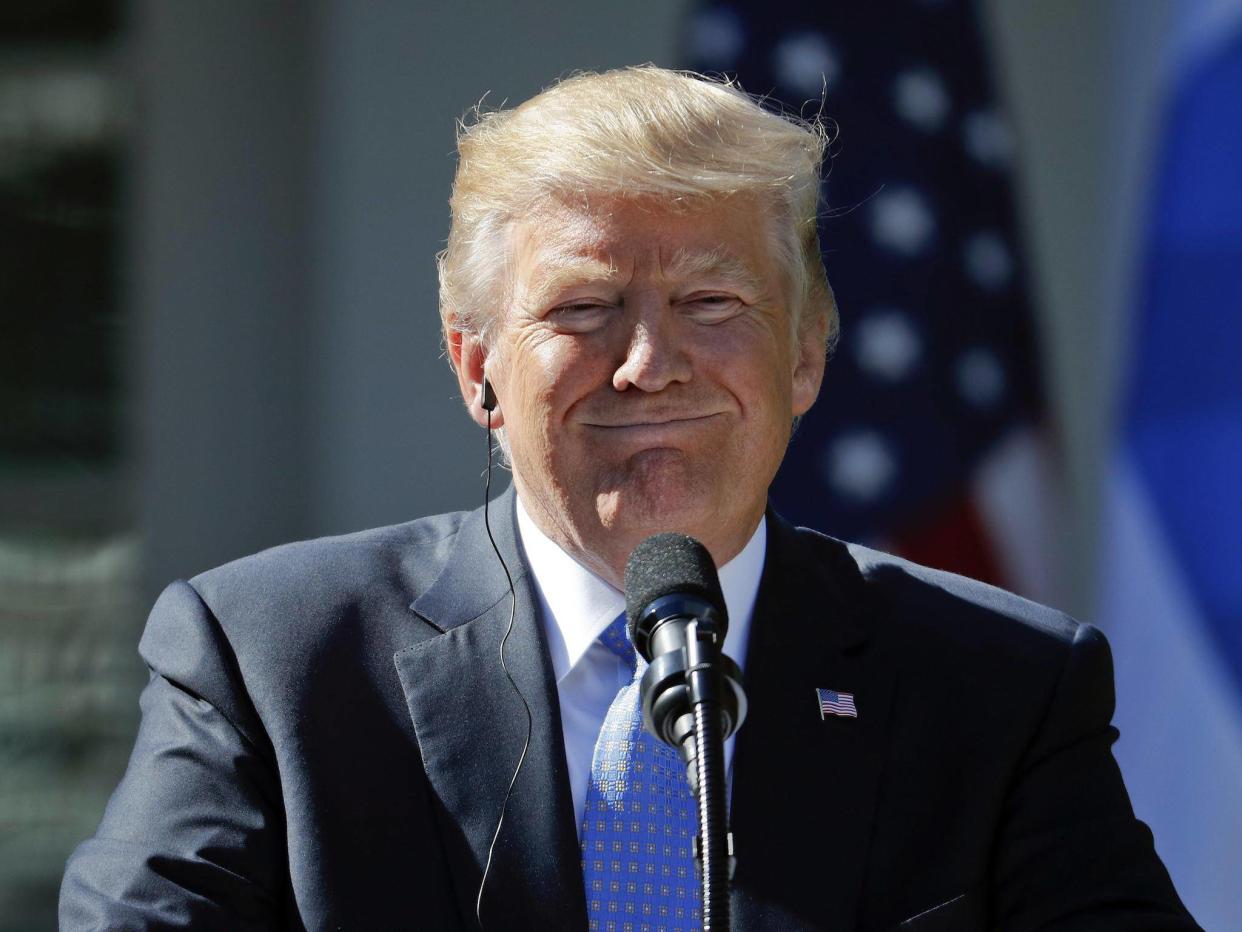Senators reach deal to fund Obamacare subsidies after Trump says he will cut them off

Senators have reached a bipartisan deal “in principle” to fund Obamacare insurance subsidies that Donald Trump said last week he would terminate.
The plan between senators Lamar Alexander, a Republican, and Patty Murray, a Democrat, is intended to stabilise health insurance markets under the Affordable Care Act, otherwise known as Obamacare.
The subsidies, often called cost-sharing reductions, are federal payment to insurers that are used to offset deductibles and other out-of-pocket health costs for lower-income Americans. They would be funded for two years under the agreement in exchange for more state flexibility in Obamacare.
For weeks, Mr Alexander and Ms Murray have been hammering out the healthcare legislation, which is separate from the Republicans' multiple failed attempts to repeal and replace Obamacare.
Mr Trump said he will support the deal, but called it a “short-term solution”. He said he is still looking to overhaul his predecessor's signature healthcare law.
“The solution will be about a year or two years. And it will get us over this intermediate hump,” Mr Trump said during a news conference in the Rose Garden.
He said the long-term solution is to provide states with “block grants” to help people buy private insurance.
While the agreement between Ms Murray and Mr Alexander is a breakthrough – both on the healthcare front and in the partisan atmosphere of Congress – it still needs the support of other senators to move the legislation forward. The Republican-controlled House of Representatives would also have to approve any proposal.
Majority Leader Mitch McConnell was noncommittal on whether he would put the legislation, once the specifics are worked out, on the Senate floor for a vote. Meanwhile, Senate Minority Leader Chuck Schumer welcomed the agreement, calling it “a very good step forward”.
Unless the Obamacare subsidies are quickly restored, experts assert that insurance companies will leave unprofitable markets and premiums will soar for middle-class families buying individual policies.
Insurance companies still have to give discounts on co-payments and deductibles to low-income customers. This means that if the government doesn't reimburse the insurers, they'll make up the money by charging higher premiums.
The President made waves last week when he announced that he would cut off the payments, which he has referred to as “bail-outs” for insurance companies.
Mr Trump on Tuesday repeated his gloomy outlook on Obamacare, which extended coverage to 20m people.
“Obamacare is virtually dead. At best, you could say it's in its final legs," the President told reporters in the Oval Office. “The premiums are going through the roof. The deductibles are so high that people don't get to use it. Obamacare is a disgrace to our nation, and we are solving the problem of Obamacare.”
The so-called cost-sharing reductions cost around $7bn this year and lower expenses like co-payments and deductibles for more than 6m people.
On Monday, Mr Trump credited his decision to cut the payments as the reason why Republicans were meeting with Democrats to work on healthcare legislation. Mr Alexander told reporters that the President twice in recent days urged him to reach a deal with Ms Murray.

